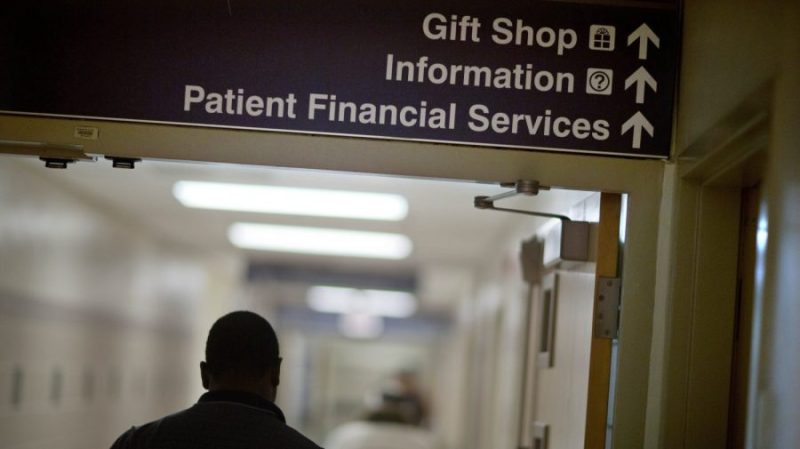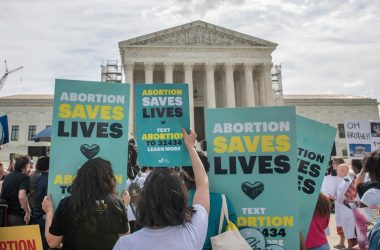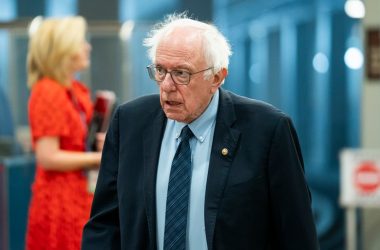The share of U.S. adults who have recently been unable to afford health care has reached a new high, according to report published by Gallup, with Black and Hispanic adults accounting for much of the increase.
The Gallup report, conducted in partnership with the nonprofit West Health, found that 11 percent of U.S. adults — roughly 29 million — have recently been unable to afford or access quality health care. That marks a 3 percentage point increase since 2021. The analysis indicated, however, that there was no “meaningful change” in the proportion of white U.S. adults or middle- to high-income earners in that time.
“The most notable increases since 2021 have occurred among Hispanic adults (up eight percentage points to 18%), Black adults (up five points to 14%,) and the lowest-income households, earning under $24,000 per year (up 11 points to 25%),” the report found.
Adults who found themselves unable to access or afford quality health care were classified as “cost desperate” for the purposes of the report.
The percentage of adults who could be considered cost desperate increased across age ranges, though to varying degrees. Among those 65 and older the rate rose by 1 percentage point between 2021 and 2024, reaching 4 percent, while it climbed 3 points to 11 percent among those aged 50 to 64 and 4 points to 14 percent among those younger than 50.
At the same time, the proportion of adults who could be classified as “cost secure” — defined as individuals who have “access to quality, affordable care and can pay for needed care and medicine” by Gallup and West Health — reached its lowest level. Only half of adults qualified for this category.
Across demographics, the percentage of Hispanic adults considered to be cost secure fell the most, going from 51 percent to 34 percent. Among Black adults, the percentage of those who were cost secure fell by 13 percentage points down to 41 percent. The percentage of white adults in 2024 who were cost secure remained the same when compared to 2021.
Gallup stated these findings are further indication of an increasing disparity in quality health care access across racial and ethnic groups.
“The erosion of cost security in healthcare comes with serious practical implications for the American public,” the Gallup report stated. “Recent research from West Health and Gallup shows that 12% of U.S. adults report borrowing money to pay for healthcare last year, amounting to an estimated $74 billion borrowed, and nearly 60% of U.S. adults report feeling ‘somewhat’ or ‘very’ concerned about going into debt due to a major medical event.”
The report comes as Republicans in Congress are eyeing likely cuts to Medicaid to pay for $4.5 trillion in tax cuts. Medicaid covers roughly a fifth of Americans, and if federal funding is cut, states are unlikely to be able to make up the difference, as health policy research group KFF noted last month.





